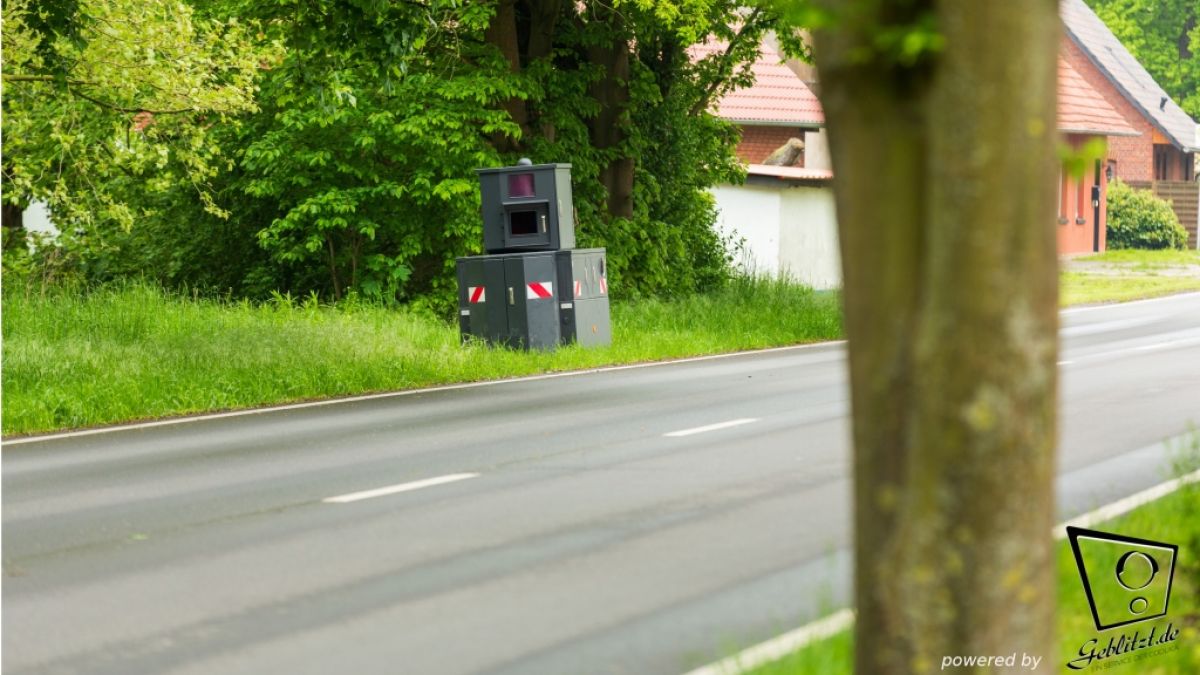This is the cause of the day and night events that we hear every day.
However, what if the earth remained there without moving or rotating at all? The following answers are obtained from several studies estimated by experts.
Why does the Earth rotate?
The earth rotates because of how it was formed. About 4.6 billion years ago, the collapse of a large cloud of gas and dust created the Earth.
Once something is moved, it doesn’t stop in space because there is no air friction.
Imagine a top that never stops spinning.
This has never happened on Earth because the air has gradually slowed it down until it stopped.
Unlike a spinning top in your hand, the Earth does not experience friction in space, so it continues to spin for billions of years.
Could the Earth stop spinning?
It is not possible for the Earth to ever stop spinning.
This can only happen if it is exposed to the same amount of force in opposite directions.
The Earth may change forever, but exploring what could happen if it stops is still exciting.
1. The daylight will last six months
Can you imagine having six months of sunshine? Here’s what would happen if the Earth stopped rotating.
The rhythm of day and night is disturbed if the earth’s rotation is interrupted.
As a result, it can take up to six months for the other end of the Earth to see the sun.
The days also get much warmer while the nights are much colder.
These changes in day and night temperatures cause huge tornadoes, almost the size of the entire planet.
2. Your circadian rhythm will be disturbed
Did you know that your body relies on a regular day and night schedule to regulate its internal clock?
Anything that disrupts this routine is disrupting your rhythm.
If the Earth is still, the entire sleep-wake cycle loses its pattern. You can think of it as extended jet lag.
In the long run, this can affect several processes in your body, such as hormone secretion, energy metabolism, and body temperature regulation.
3. The Earth’s magnetic field will disappear
The core of the Earth contains iron. It creates a strong magnetic field that protects you from the harmful rays of the sun and beyond the solar system (cosmic rays).
These harmful rays reach the Earth’s atmosphere but do not reach the surface.
You can see them in the sky as beautiful southern and northern auroras.
If our planet stops rotating, the protection of the magnetic field is lost and these harmful rays can reach the earth’s surface and affect human health.
Additionally, the Earth’s magnetic field helps direct migratory birds and, without this, birds can get lost as they travel to new destinations.
4. Bintang– the stars in the sky will remain the same
One of the nice things about the night sky is how the constellations change.
Unfortunately, if the Earth were still, you would see the same sky every night.
The constellations will not migrate across the sky or change throughout the year.
5. The water will start moving towards the poles
The diameter of the equator is approximately 21.4 kilometers (13.30 miles) larger than the poles. This happened over the course of billions of years when the Earth was formed.
Rotation The Earth produces a force that moves solid matter and water towards the center.
This is why the equator has a water level up to eight kilometers higher than if there were no rotation.
If the Earth stops, the forces holding the water here also disappear. Therefore, the water migrates towards the poles, so you can walk around the equator without looking at the water.
The equator is basically a group of continental masses that separates the northern and southern oceans.
6. Everything will start flying east
Have you ever been in a fast moving car and someone hit the brake? Yes, imagine that the same thing happens to Earth.
If the Earth suddenly stopped moving, its momentum would send people, rocks and other objects flying east.
The landscape will change dramatically and can trigger a violent earthquake.
Read also: Do cats really have nine lives? Read the explanation
To be fair, Earth’s rotation slowed, but that didn’t cause any significant changes.
It is highly unlikely that the Earth will stop completely, so you can stop worrying.
Something you can do, however, is look for the changes you can make to minimize climate change, a real threat to the survival of the Earth.
(***)


